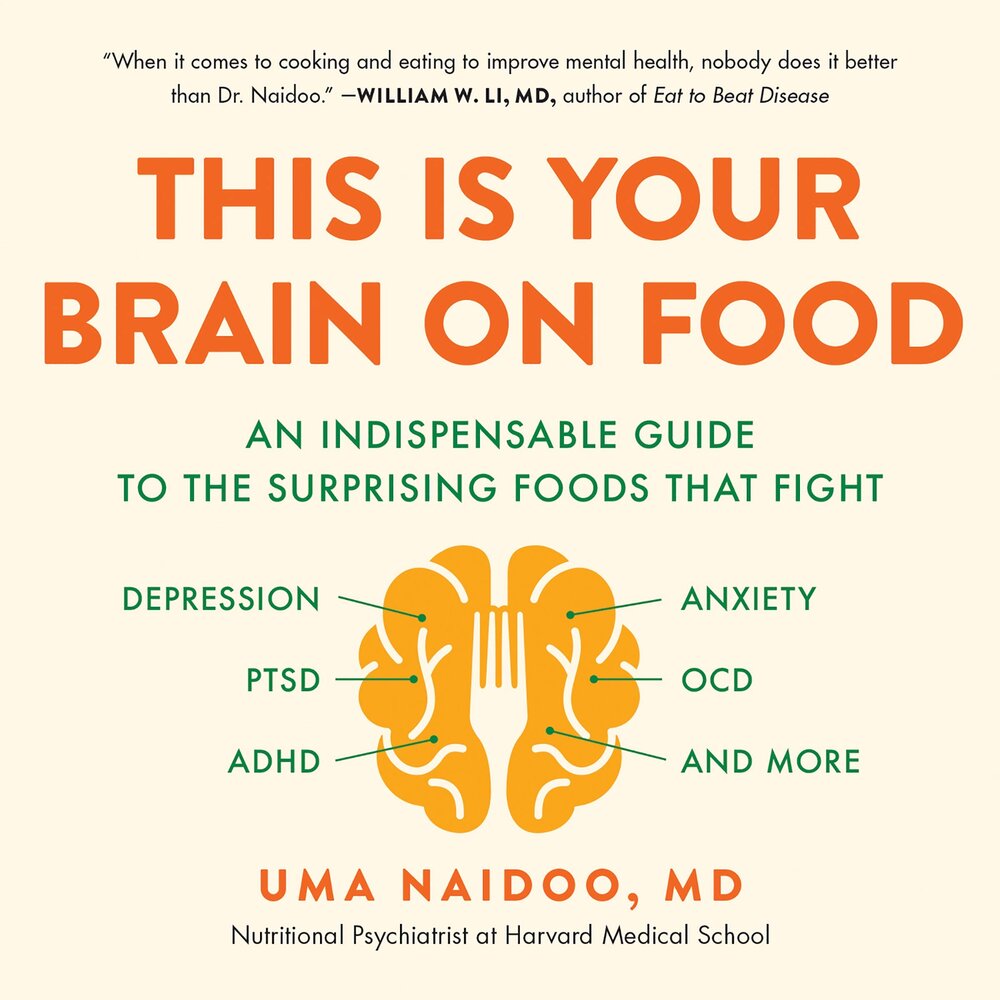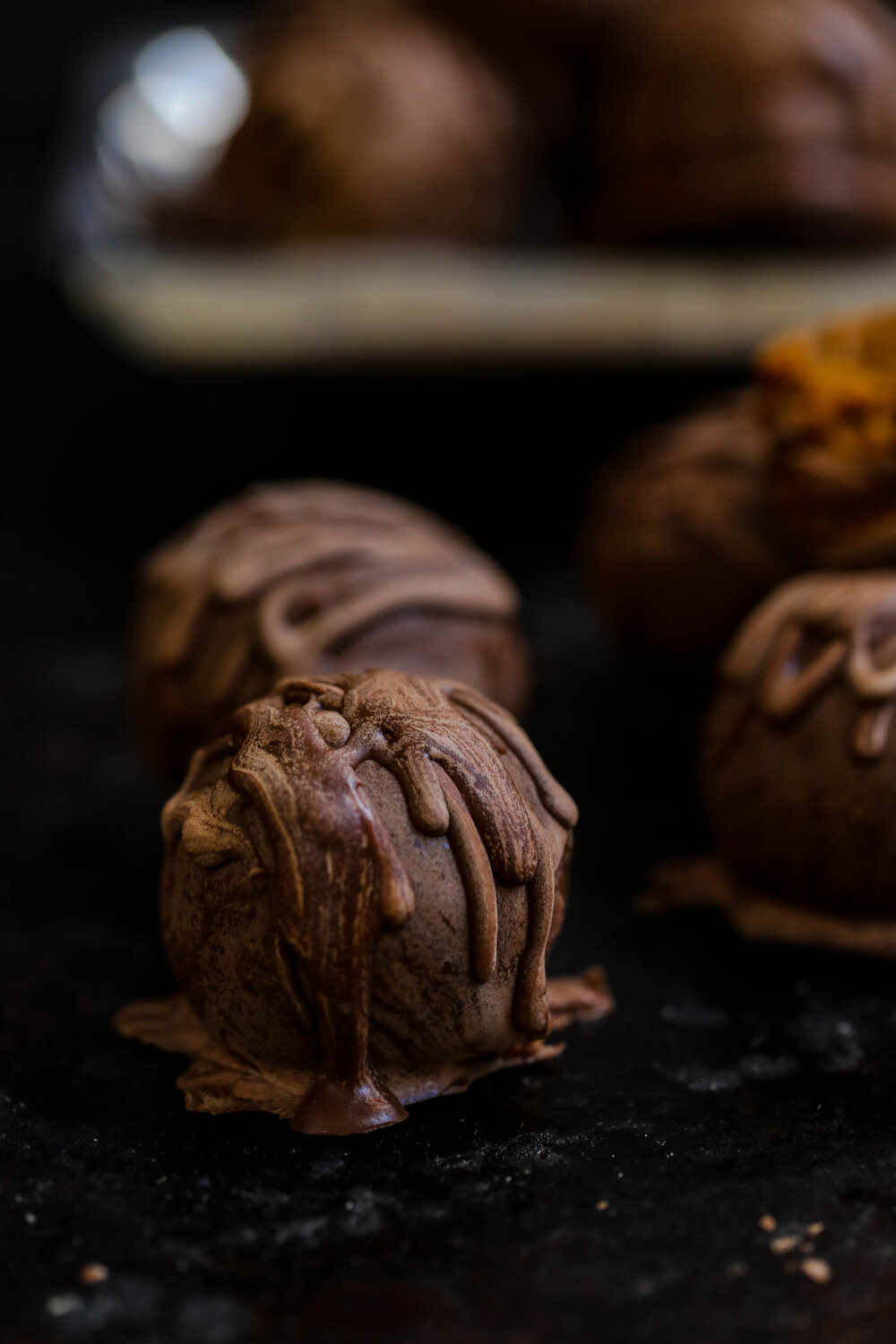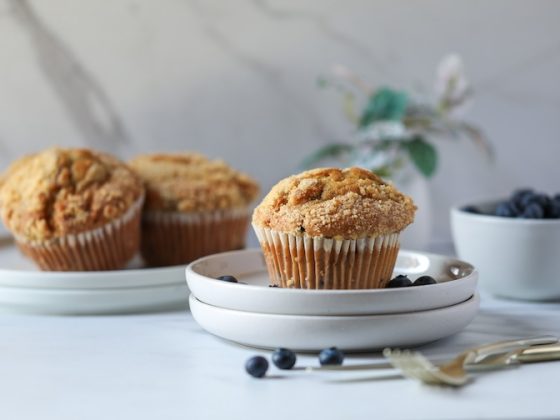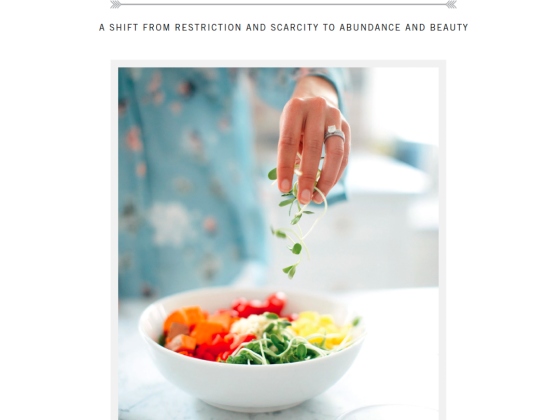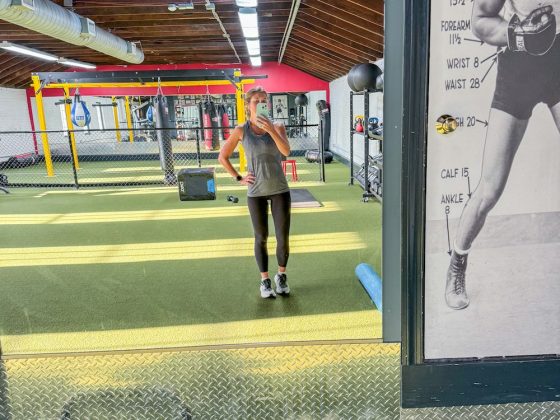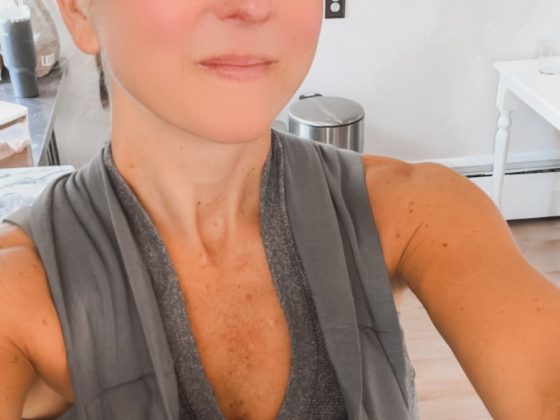Feeling the winter blues this season? You’re not alone. Every year, about 5% of Americans experience seasonal affective disorder (SAD), a subtype of depression that typically occurs when the seasons change. Generally, most symptoms start in the fall months and continue on in the winter.
“With dark days and less daylight this winter, many individuals are prone to SAD with feelings of a ‘blue mood’ and increased stress. This, combined with the feelings of uncertainty and fear amidst an ongoing pandemic is tough,” says Dr. Uma Naidoo, M.D., director of nutritional and lifestyle psychiatry at Massachusetts General Hospital, faculty member at Harvard Medical School and author of This Is Your Brain on Food.
However, there are ways to prevent and reduce symptoms by focusing on lifestyle changes. Food and nutrition are essential to mental well being, says Dr. Naidoo, who pioneered the field of nutritional psychiatry in the United States. She regularly counsels individuals on how to incorporate healthy foods and nutritional habits to improve their mental health. If you’re feeling low this winter, she recommends “paying attention to healthier whole food options and staying away from processed foods as it can help improve how you feel.”
We asked her about five types of foods that will help ease the winter blues and boost your mood:
B Vitamins
Vitamins such as folate (B9) and B12 are crucial in preventing and easing depression, says Dr. Naidoo. Studies have suggested that folate deficiency is linked to increased risk of depression. Vitamins B1 (thiamine) and B6 (pyridoxine) are also important as they help the brain produce neurotransmitters associated with mood regulation, adds Dr. Naidoo.
One of Dr. Naidoo’s favorite ways to incorporate folate in her diet involves a quick chickpea stir-fry. Chickpeas are complex carbs full of fiber, protein, folate, and other nutrients, she says. Click here for the full recipe.
Dietary Fiber
Fibrous foods keep you satiated, are easy to digest, and promote the growth of “good” gut bacteria, says Dr. Naidoo. Research has shown that inflammation in the brain is linked to anxiety. Dietary fiber can ease your brain inflammatory response, says Dr. Naidoo.
Dal, a lentil-based soup filled with fiber, plant-based protein, vitamins, and spices, is one of Dr. Naidoo’s favorite comfort foods. This soup became a staple while Dr. Naidoo was undergoing breast cancer as it “not only tasted good but also [made her] feel healthy.” To learn more about Dr. Naidoo’s resilient journey and get her dal recipe, click here.
Iron
In studies, low iron and depression have been linked. Iron helps make up the covering that protects neurons and impacts the synthesis of chemical pathways that are associated with mood, explains Dr. Naidoo.
Popular sources of iron include shellfish, lean red meats, legumes, pumpkin seeds and broccoli. Dr. Naidoo’s all-time favorite, iron-rich snack is dark chocolate paired with a citrus fruit, such as an orange. To learn more about the benefits of dark chocolate and explore her other favorite pairings, click here.
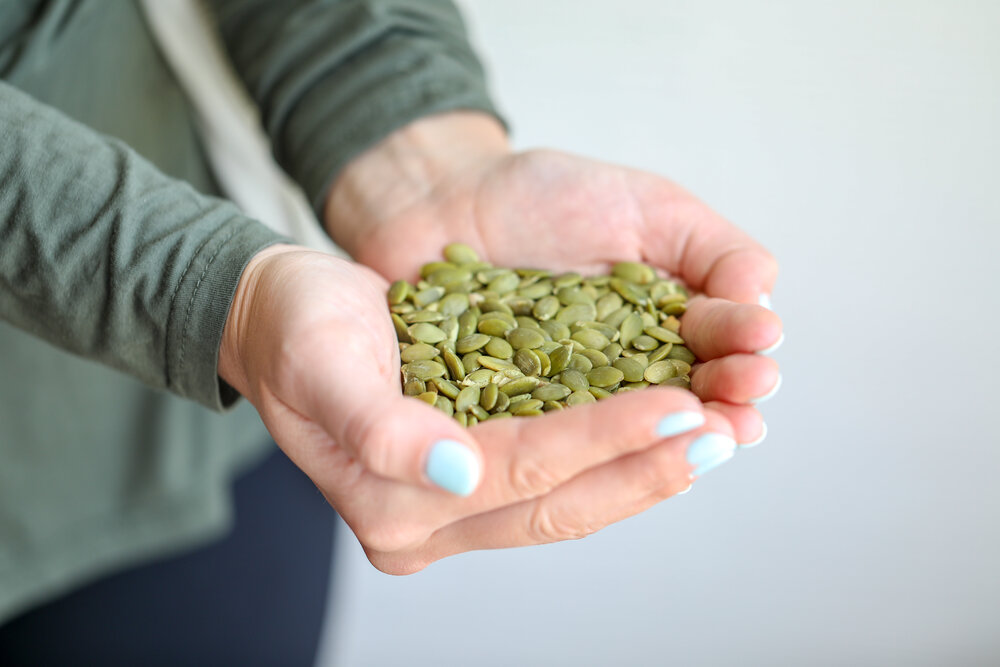
Omega-3 Fatty Acids
Omega-3s are essential for mental health as they lower inflammatory markers in the brain, says Dr. Naidoo. Research suggests that individuals who consume food rich in omega-3s have a lower risk of depression as compared to those who eat full-fat foods filled with omega-6s.
Dr. Naidoo loves to incorporate a variety of omega-3 rich foods in her plant-based power bowls. A lot of those ingredients, like walnuts, also have other powerful brain-boosting benefits such as magnesium and dietary fiber. Click here for the recipe.
Probiotics
Probiotic-rich foods are filled with beneficial bacteria that help your body and brain, says Dr. Naidoo. Studies have shown that certain species of gut bacteria can boost levels of brain chemicals, easing depression and other mental health conditions.
One of Dr. Naidoo’s favorite probiotic-rich meals is her creamy artichoke and leek soup.
This comforting, plant-based soup is full of healthy fibers and probiotics that will keep you full for a while. Click here for the full recipe.
To learn more about Dr. Uma Naidoo’s work in the field of nutritional psychiatry and the mood-food connection, check out her book This Is Your Brain on Food. In the guide, she draws on cutting-edge research to explain the many ways in which food contributes to our mental health, and shows how a sound diet can help treat and prevent a wide range of psychological and cognitive health issues. Click here to purchase her book today!
